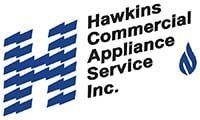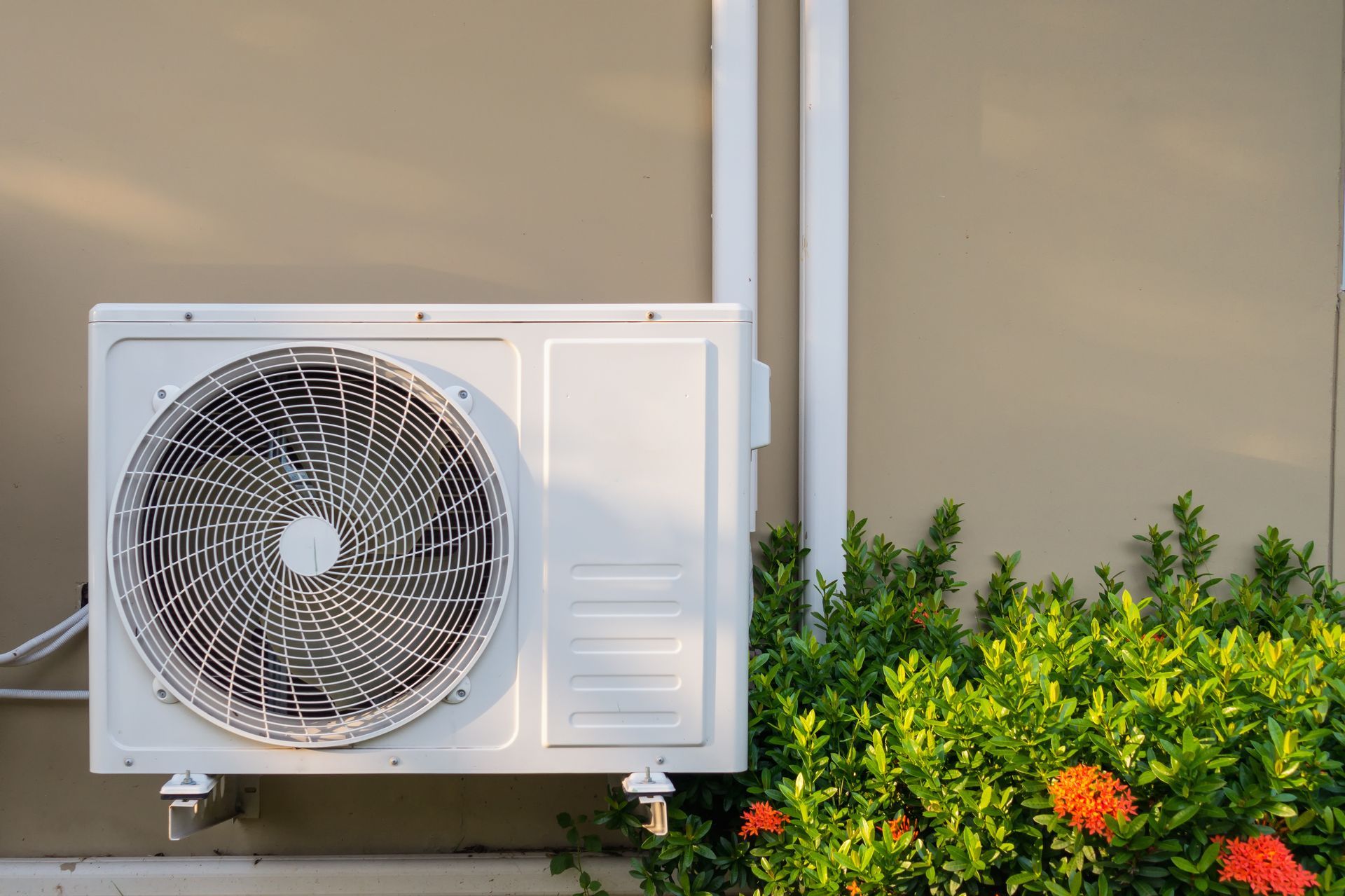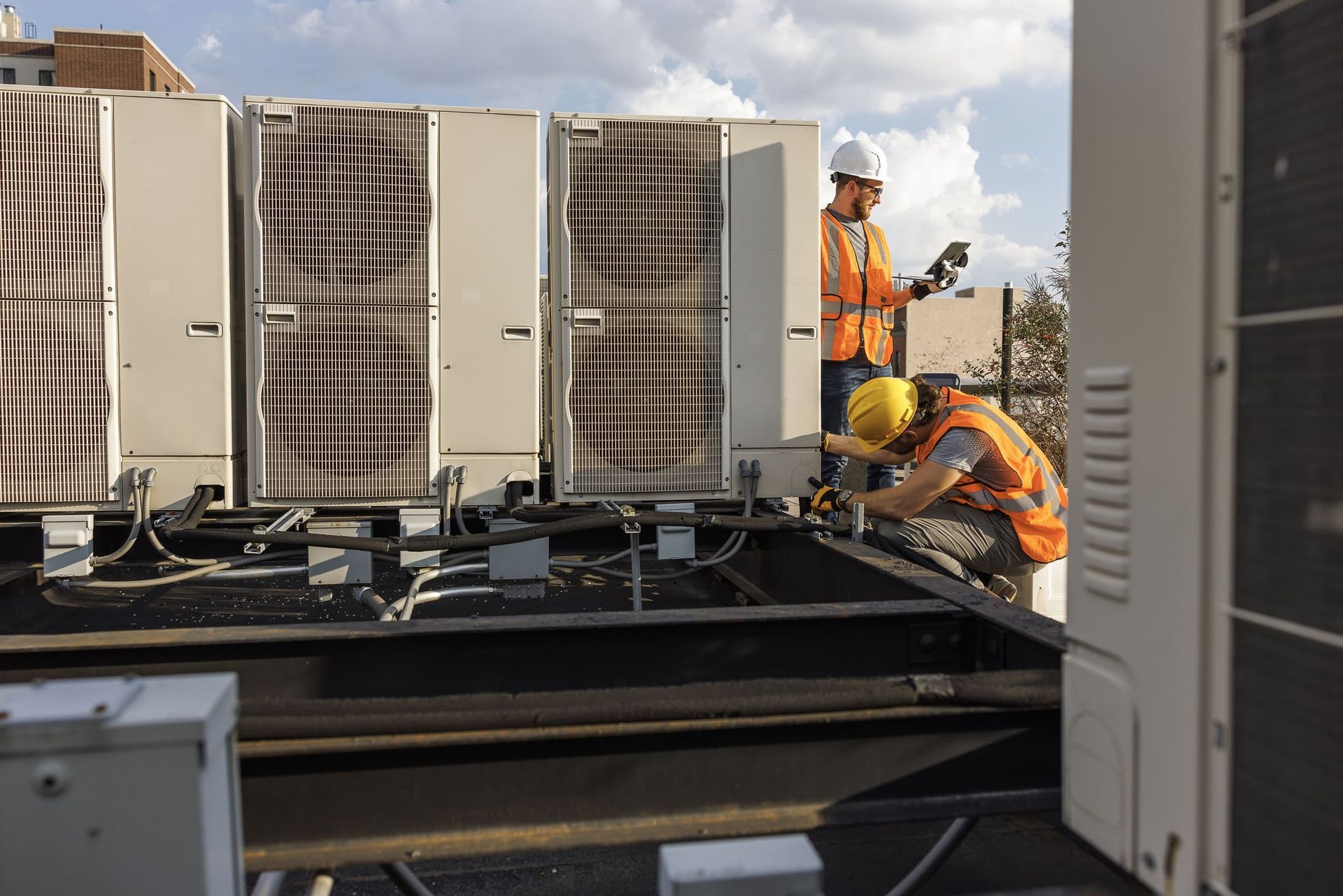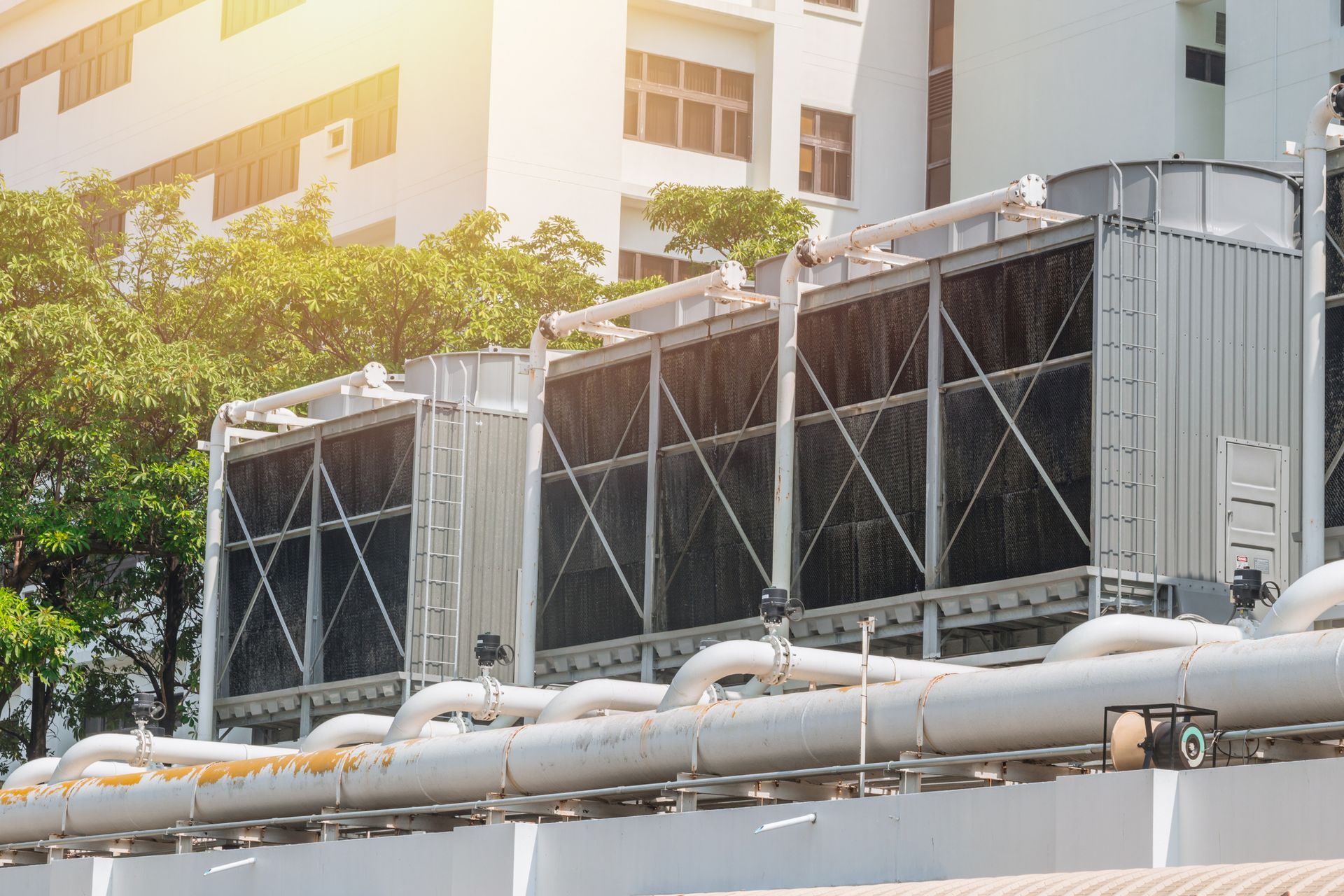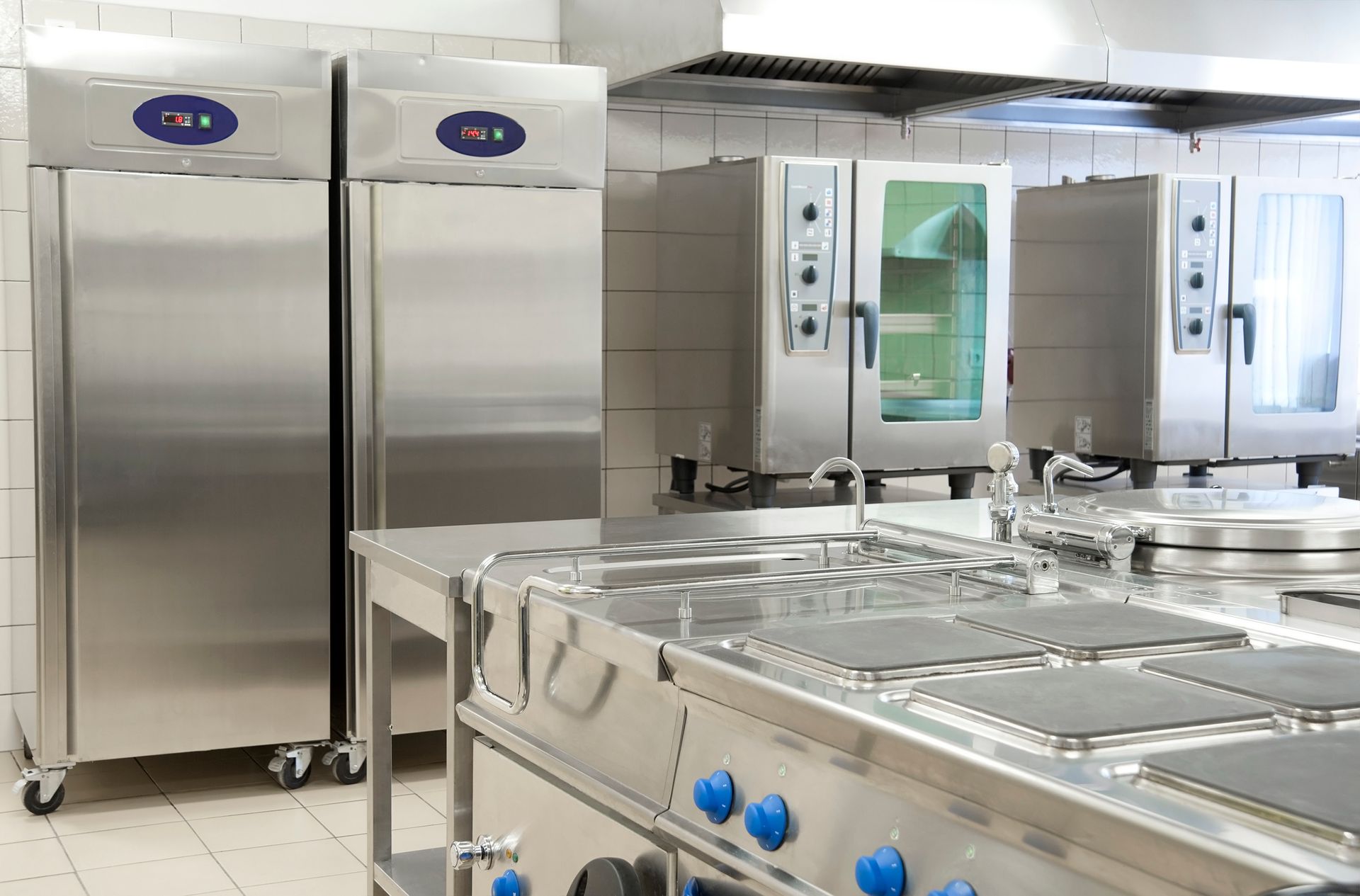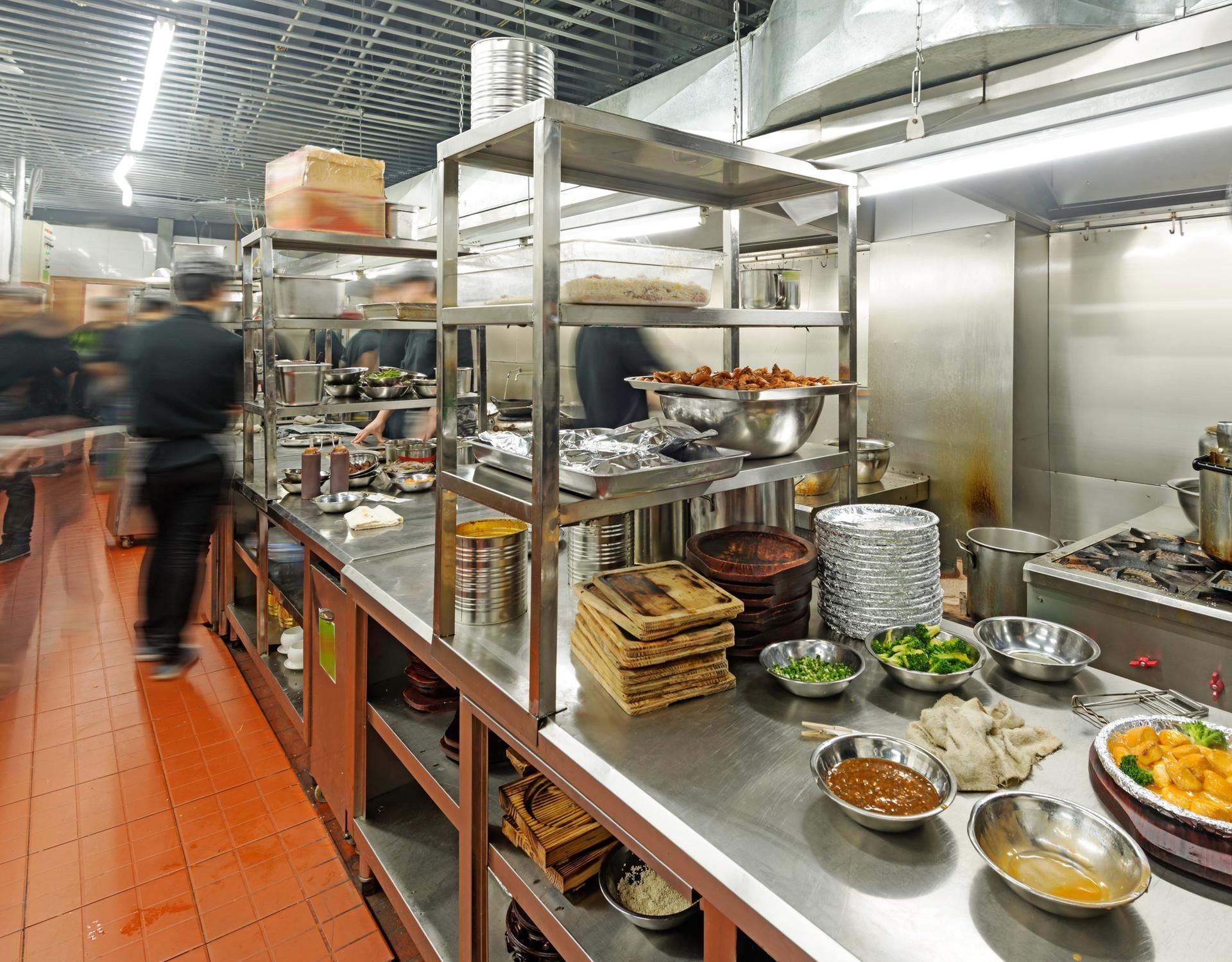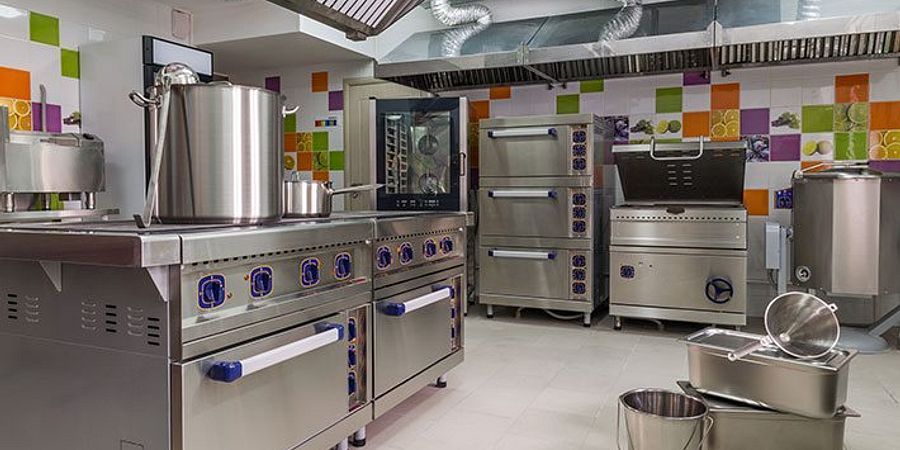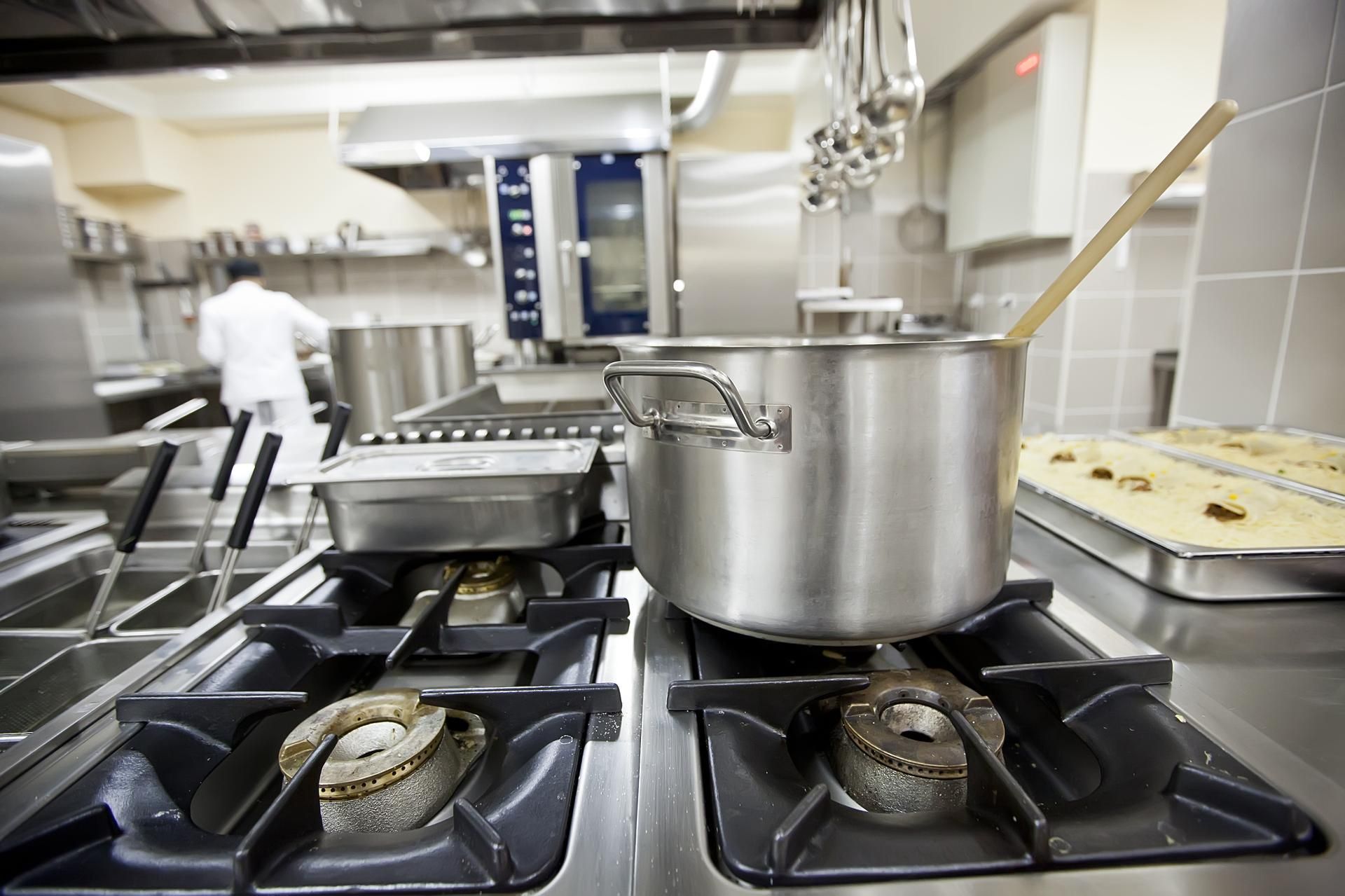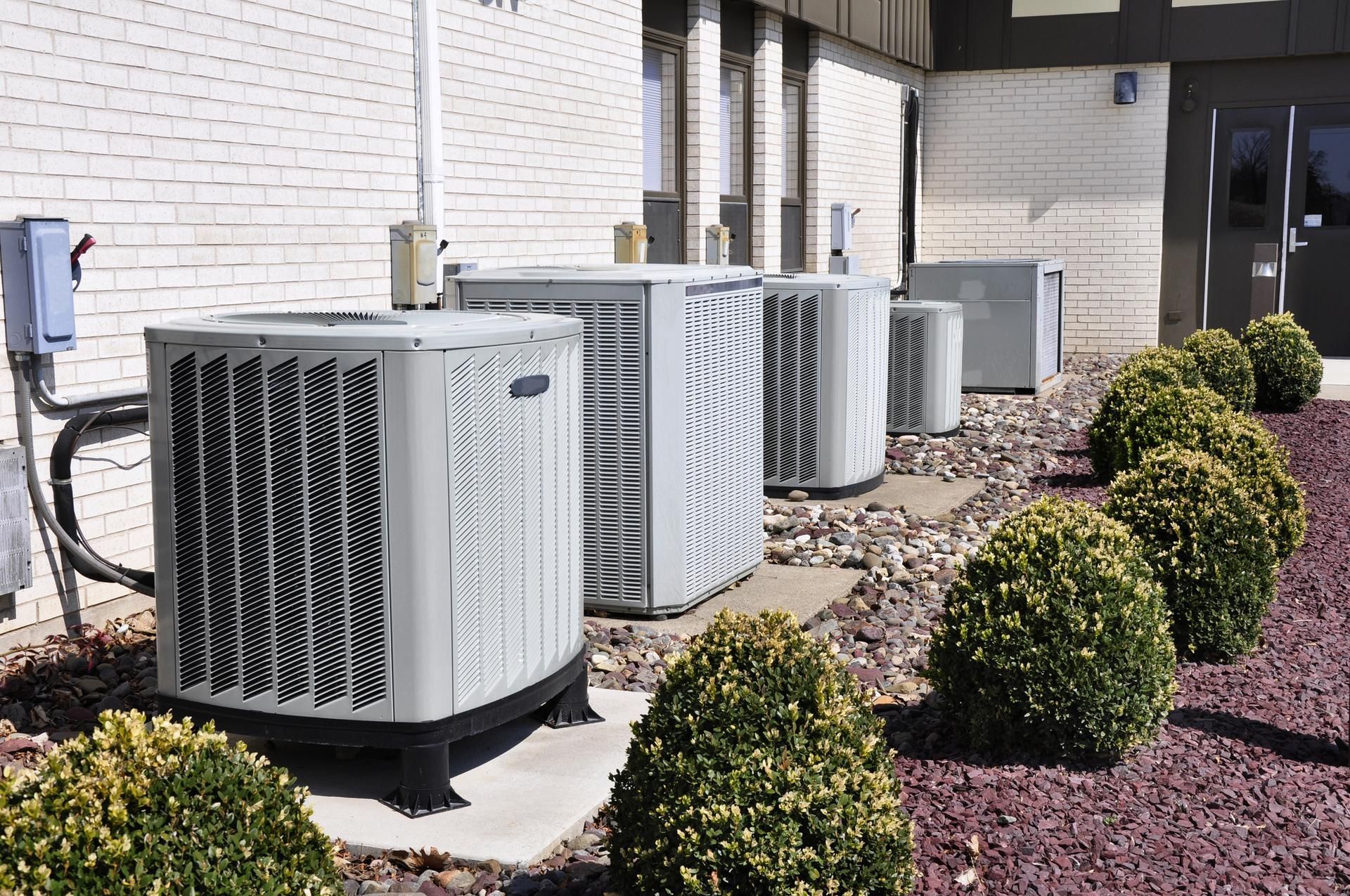Repair or Replace Commercial Kitchen Appliances? 4 Factors to Consider

Whether you run a restaurant, bakery, or catering business, having functional and efficient kitchen appliances is critical to boosting productivity, ensuring safety, and increasing profitability.
However, while kitchen appliances are designed to last, the equipment may eventually succumb to wear and tear, break down, or become obsolete due to newer technology. You may be torn between repairing and replacing the appliance in such cases. The suitable option depends on various factors discussed below.
1. Repair Cost
While repair may seem more affordable, that is not always the case. Instead, numerous factors dictate the cost of commercial kitchen appliance repair.
Type of Appliance
Some kitchen appliances are more complex, which makes them more expensive to repair. For instance, if you need to repair a freezer, you will likely spend more than you would on a cooktop. In the same way, dishwashers are more expensive to repair than microwaves. Therefore, depending on the appliance in question, repair may be more costly than replacement.
Number of Required Parts
If you need multiple parts for the repair, that will increase the cost. Some parts may also be hard to find. If parts are not readily available, the service provider may have to order them from elsewhere.
Extent of Damage
The type and extent of damage also affect the cost of repair. For instance, if you need to replace a few parts, the price may be relatively low compared to an appliance requiring major repairs involving replacing key components.
Warranty
Often, the manufacturer will provide a warranty on the kitchen appliances. Therefore, if your appliance is still within the warranty period and you are dealing with a qualified service provider, repair may be more cost-effective as the warranty will cover most of the costs.
2. Life Expectancy
Commercial kitchen appliances have varying lifespans depending on their brand and quality. As the appliances near their end, you may notice more frequent breakdowns. That means that repairing one part may cause another part to malfunction, and you may spend too much on repairs.
If your appliance has already reached the end of its life span, then replacing it may be better. In such cases, you can get new models with advanced features and more extended warranties for peace of mind.
3. Health and Safety
As kitchen appliances deteriorate, they become less reliable and may pose a safety risk to employees. For instance, gas stoves can leak if not in good condition. Although getting a new stove may be expensive, the cost does not match the risk of having a faulty appliance in the kitchen.
The same applies to sanitation and food safety standards. For example, the law may require commercial kitchens to operate by specific culinary standards. Worn-out and dysfunctional appliances may not be able to meet those standards. In such cases, replacement is the most suitable option.
4. Efficiency
As technology advances, engineers design new kitchen appliances to be more energy and cost-efficient. However, if your old appliance is not meeting the efficiency standards, you may notice a high energy bill due to power consumption.
The performance of obsolete models may also need improvement, which leads to prolonged cooking and prepping times. Newer appliances with advanced technologies can help you save time and money in the long run.
From the factors above, there is no right or wrong answer on whether to repair or replace your commercial kitchen appliance. Instead, you will need to weigh the repair cost against the benefits from replacement and make a decision that makes business sense for you.
Whichever choice you make, you can trust us at Hawkins Commercial Appliance Service Inc. for honest advice on repair and replacement. Our team of experienced technicians will assess your appliance and give you the best course of action. Contact us for a consultation.
